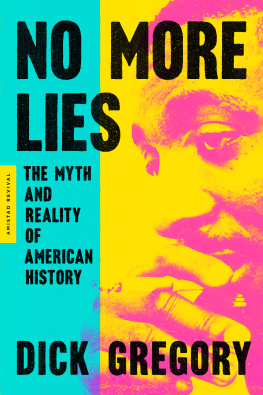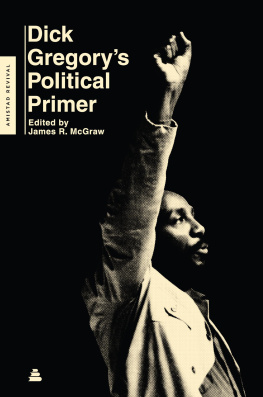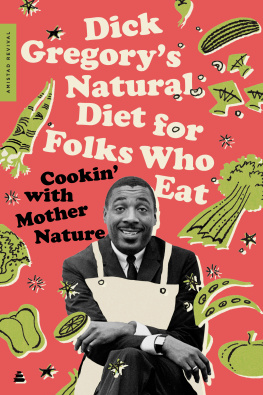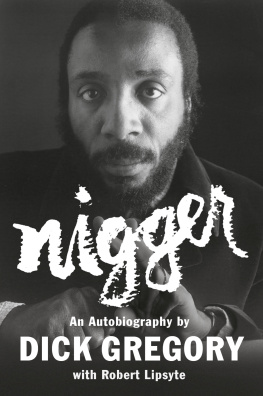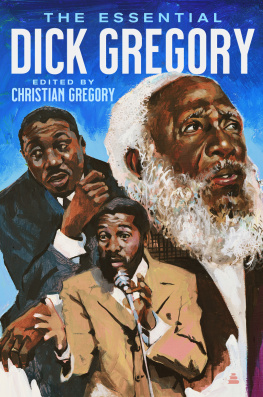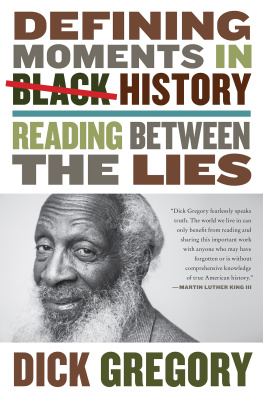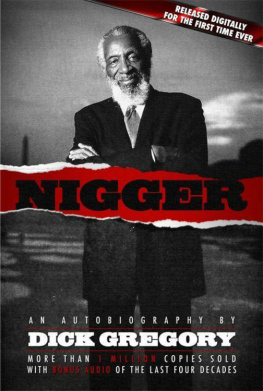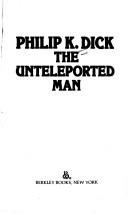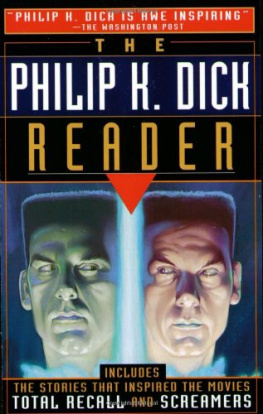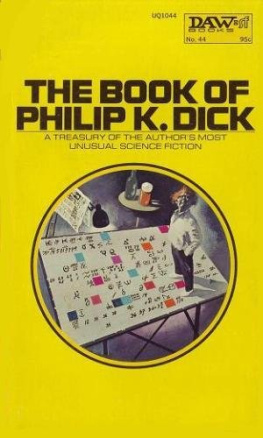Dick Gregory - No More Lies
Here you can read online Dick Gregory - No More Lies full text of the book (entire story) in english for free. Download pdf and epub, get meaning, cover and reviews about this ebook. year: 2021, publisher: Amistad, genre: Politics. Description of the work, (preface) as well as reviews are available. Best literature library LitArk.com created for fans of good reading and offers a wide selection of genres:
Romance novel
Science fiction
Adventure
Detective
Science
History
Home and family
Prose
Art
Politics
Computer
Non-fiction
Religion
Business
Children
Humor
Choose a favorite category and find really read worthwhile books. Enjoy immersion in the world of imagination, feel the emotions of the characters or learn something new for yourself, make an fascinating discovery.
- Book:No More Lies
- Author:
- Publisher:Amistad
- Genre:
- Year:2021
- Rating:3 / 5
- Favourites:Add to favourites
- Your mark:
- 60
- 1
- 2
- 3
- 4
- 5
No More Lies: summary, description and annotation
We offer to read an annotation, description, summary or preface (depends on what the author of the book "No More Lies" wrote himself). If you haven't found the necessary information about the book — write in the comments, we will try to find it.
No More Lies — read online for free the complete book (whole text) full work
Below is the text of the book, divided by pages. System saving the place of the last page read, allows you to conveniently read the book "No More Lies" online for free, without having to search again every time where you left off. Put a bookmark, and you can go to the page where you finished reading at any time.
Font size:
Interval:
Bookmark:
This book is dedicated to Womens Liberation,
the movement of the 1970s which will make all Americans
proud to call the Statue of Liberty their momma.
The book is further dedicated to the Indian Americans
who once owned the harbor in which Miss Liberty
stands and all of the land her children now occupy.
God forbid we should ever be twenty years without... a rebellion.
T HOMAS J EFFERSON, 1787
This country, with its institutions, belongs to the people who inhabit it. Whenever they shall grow weary of the existing government, they can exercise their constitutional right of amending it, or their revolutionary right to dismember or overthrow it.
A BRAHAM L INCOLN, 1861
I became interested in American history quite by accident. I remember I was back in grade school, happy being a good nigger, singing the blues and not causing any trouble. The principal came into class one day and announced, The Board of Education says you cant graduate unless you read and memorize the Declaration of Independence.
I was a typical rebellious youngster, so I looked up and said, The Decla... who? Man, us black folks dont want to read any of that old white stuff. The principal answered, Well, you wont graduate. Naturally I replied, Then lay it on me right now.
So I started reading, We hold these Truths to be self-evident, that all Men are created equal. You can imagine how those words sounded to my young, black, ghetto ears. But wanting to graduate, I kept right on reading until I got to the section which said:
That whenever any Form of Government becomes destructive of these ends, it is the Right of the People to alter or to abolish it when a long train of abuses and usurpations, pursuing invariably the same Object, evinces a design to reduce them under absolute Despotism, it is their right, it is their duty, to throw off such Government, and to provide new Guards for their future security.
I dropped my book, ran to the principals office, broke breathlessly through the door, and gasped, Have you got any more of this stuff layin around? Reading that Declaration of Independence made me want to take a look at the United States Constitution to see what else I might have missed!
But later I discovered that the founding fathers obviously made a mistake in writing their Declaration of Independence. Thomas Jefferson neglected to label it For White Only. Without that label the Declaration of Independence becomes a dangerous documentin the black ghettos of America, on the Indian reservations, in the grape fields of California where Mexican-American workers are struggling for human dignity, in the Puerto Rican slums and ghettos; in short, wherever Americas long train of abuses is most painfully felt and the systems usurpations of human rights have become most despotic. It is dangerous for white America to insist that basic American documents be read by the black, poor, and oppressed, because such people are just naive enough to go out and do what the founding fathers said oppressed people should do.
Evidently white America does not realize the danger, because it makes the same mistake todayforgetting to carefully label how, where, and by whom certain American teaching should be applied. For example, can white America really be insane enough to believe that black soldiers can be drafted into military service, sent to basic training and taught to be guerrillas, shipped ten thousand miles to Vietnam with orders to kill foreigners to liberate other foreigners, without realizing that those same black soldiers will return home to apply their instruction to liberate their own parents? If so, it is a dangerous mistake. America must realize she is not dealing with World War II black folks anymoresoldiers who can be turned on and off at random.
White America has developed a peculiar population blindness in recalling and reciting American history. Traditional American history is a myth and can only be accepted when read with blinders that block out the facts. The strange recitation begins with Columbus discovering America. Not only is that bold lie taught in ghetto schools in America, but little Indian children in reservation schools are given the same lesson.
Even George Washington, the father of our country, is not revered in this nations memory because he spent considerable time in prayer or sang We shall Overcome to the British soldiers. George Washington is a national hero because he fought against oppression, drove out the British, and killed every one of them he could get his hands on. Yet white America, seeing history through those peculiar blinders, would rather talk about little nonviolent George who had guilt feelings about molesting a cherry tree.
The continuing myth of American history dignifies the illicit acts of some and condemns the same acts when others do them. Many Americans have a hard time understanding the actions of the poor, the oppressed, and the young, because they really do not know, or admit, their own history. In the past Americans condemned Indian massacres. Today they bemoan the black crime rate and place the statements of militant black leaders and radical young whites in the category of treason. Yet white folks are stirred by similar words memorized by every school child. Give me liberty or give me death. Who said that? Rap Brown? Eldridge Cleaver? Jerry Rubin? Dont shoot until you see the whites [of their eyes]. Who said that? Stokely Carmichael? Huey P. Newton? Abbie Hoffman?
America continues to condemn radical black and white youth for not respecting the police. American history books proudly recite the exploits of a white man named Paul Revere who, during the days when the British were the police, rode through the white community and said, Get a gun, white folks, the police are coming. Most Americans can understand those original White Panthers. But the Black Panthers make them forget about their own history.
Rioting and looting in the black ghettos of America are held up as horrible examples of lawlessness on the rampage. Yet the history books enthusiastically tell of a group of patriotic white folks in Boston who dressed themselves up as Indians no less, boarded that foreign ship, and dumped all the tea in the water. How can anyone who proudly remembers that moment in history have nerve enough to call black folks hoodlums? The lawlessness in the Boston harbor, for which white folks wanted Indians to take the rap, is honored in our national memory as the Boston Tea Party. If that terminology is legitimate, every time black folks steal a television set during a ghetto rebellion, it should be called a Saturday Night Fish Fry. Why do you suppose white America is so upset about black looting? Because black folks have enough sense to take the loot home with them?
Many white folks seem to feel that being born black means inheriting criminal tendencies. They will say black folks are 11 percent of the population but represent 90 percent of certain crimes. If that statistic really meant anything, no white man could sit down in night club, restaurant, or theater without being mugged. Incidentally, Ive always contested Americas arithmetic. Who counts us black folks? The census takers, and most of them are white, so they are not too eager to go into the black community to count noses. I think they count all the white folks and then say black folks are 11 percent of them. Check the crime myth for yourself. Names such as Jesse James, Al Capone, John Dillinger, Baby Face Nelson, Ma Barker, and Bonnie and Clyde come to mind. You will not find a black face among them. And isnt it odd that J. Edgar Hoover, the FBI, and local police are able to arrest members of the Black Panther party all over the country but cant seem to get their hands very often on the Mafia or the Minutemen?
Font size:
Interval:
Bookmark:
Similar books «No More Lies»
Look at similar books to No More Lies. We have selected literature similar in name and meaning in the hope of providing readers with more options to find new, interesting, not yet read works.
Discussion, reviews of the book No More Lies and just readers' own opinions. Leave your comments, write what you think about the work, its meaning or the main characters. Specify what exactly you liked and what you didn't like, and why you think so.

